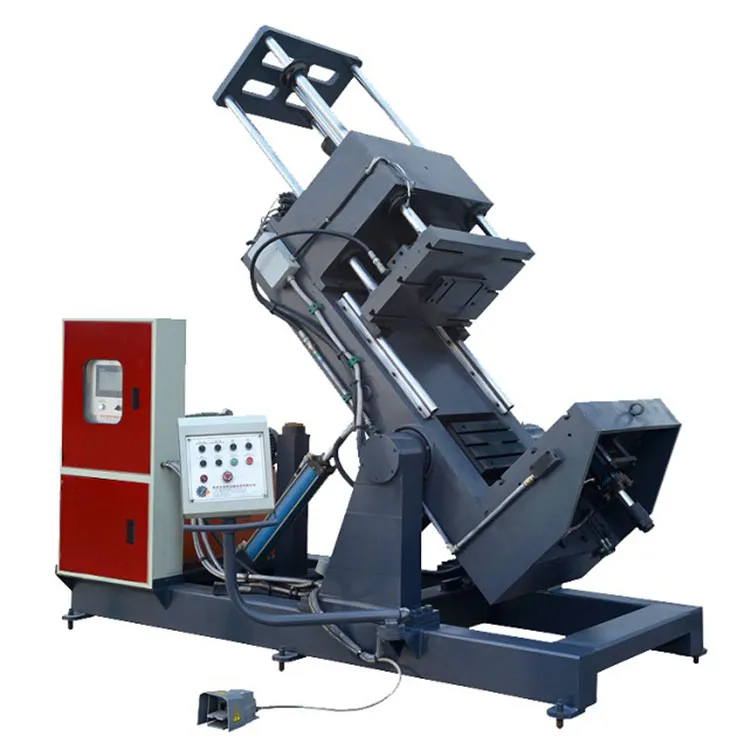Top Benefits of Using Zinc Casting Machines in Modern Manufacturing
2024-09-05
Zinc casting machines have revolutionized the manufacturing process for many industries, offering an efficient, cost-effective way to produce metal components. Whether you’re in the automotive, electronics, or consumer goods industry, zinc die casting machines deliver quality parts with unparalleled precision. In this blog, we’ll dive into the top benefits of using zinc casting machines and why they’ve become a cornerstone in modern manufacturing.

1. High Precision and Complexity
One of the most significant advantages of zinc casting machines is their ability to create highly complex parts with exceptional precision. The high-pressure die casting process ensures that molten zinc fills even the smallest cavities in the mold, resulting in intricate designs with tight tolerances. This precision is critical for industries such as automotive and electronics, where even minor inaccuracies can affect the performance of the final product.
Additionally, zinc’s fluidity enables the production of parts with thin walls and complex geometries, making it possible to create lightweight components without sacrificing strength or durability.
2. Fast Production Cycles
Zinc casting machines are designed for speed, allowing manufacturers to produce large volumes of parts in a short amount of time. Zinc’s low melting point means it heats and cools quickly, which reduces production time and increases overall efficiency. This is especially beneficial for industries that require high-volume production, as it allows for shorter lead times and faster delivery to market.
The automated systems in modern zinc casting machines also streamline the process, further reducing production time and minimizing human error.
3. Cost-Effectiveness
Zinc casting is known for its cost-efficiency. The casting process itself is highly automated, reducing labor costs and increasing production rates. Additionally, zinc is an affordable raw material, and its recyclability means that waste is minimized. When combined with the speed of production and the durability of zinc parts, zinc casting machines offer an excellent return on investment for manufacturers.
The ability to create complex, finished components in a single process also eliminates the need for secondary operations, such as machining or welding, further driving down costs.
4. Strength and Durability
Despite its low melting point, zinc is an incredibly strong and durable material. Zinc castings are resistant to corrosion, wear, and impact, making them ideal for applications that require long-lasting performance. In industries like automotive, where parts must withstand extreme conditions, zinc casting machines provide components that offer superior strength and durability.
In addition to its strength, zinc’s low wear rate on molds also extends the lifespan of the die, making it an even more cost-effective option for manufacturers.
5. Eco-Friendly Manufacturing
Sustainability is becoming a top priority for manufacturers, and zinc casting machines align with this goal. Zinc is fully recyclable, and the casting process generates minimal waste. Any leftover zinc from the casting process can be melted down and reused, reducing the need for new raw materials. This not only helps reduce environmental impact but also lowers material costs for manufacturers.
Furthermore, zinc casting machines use less energy than other metal casting processes due to zinc’s lower melting point, making them more energy-efficient and environmentally friendly.
Conclusion
Zinc casting machines offer numerous benefits to modern manufacturers, from high precision and fast production cycles to cost-effectiveness and eco-friendly operations. Whether you need complex, durable parts for automotive, electronics, or consumer goods, zinc casting machines provide an efficient and sustainable solution. As industries continue to prioritize efficiency and sustainability, zinc casting is poised to play an even greater role in shaping the future of manufacturing.

